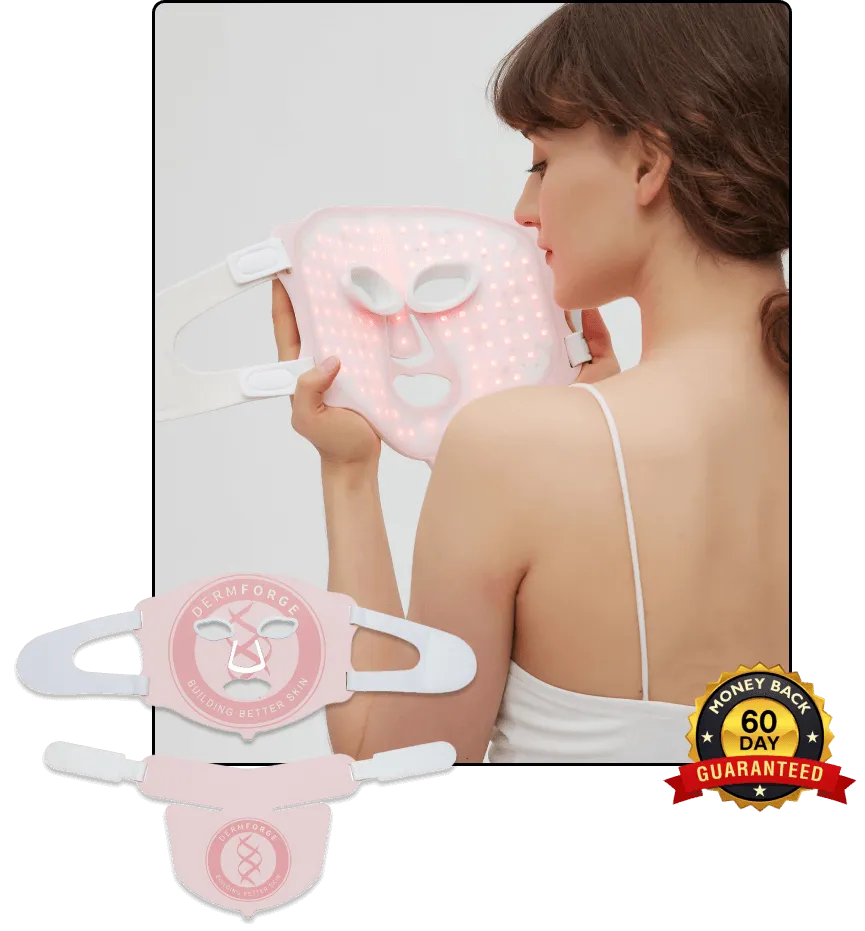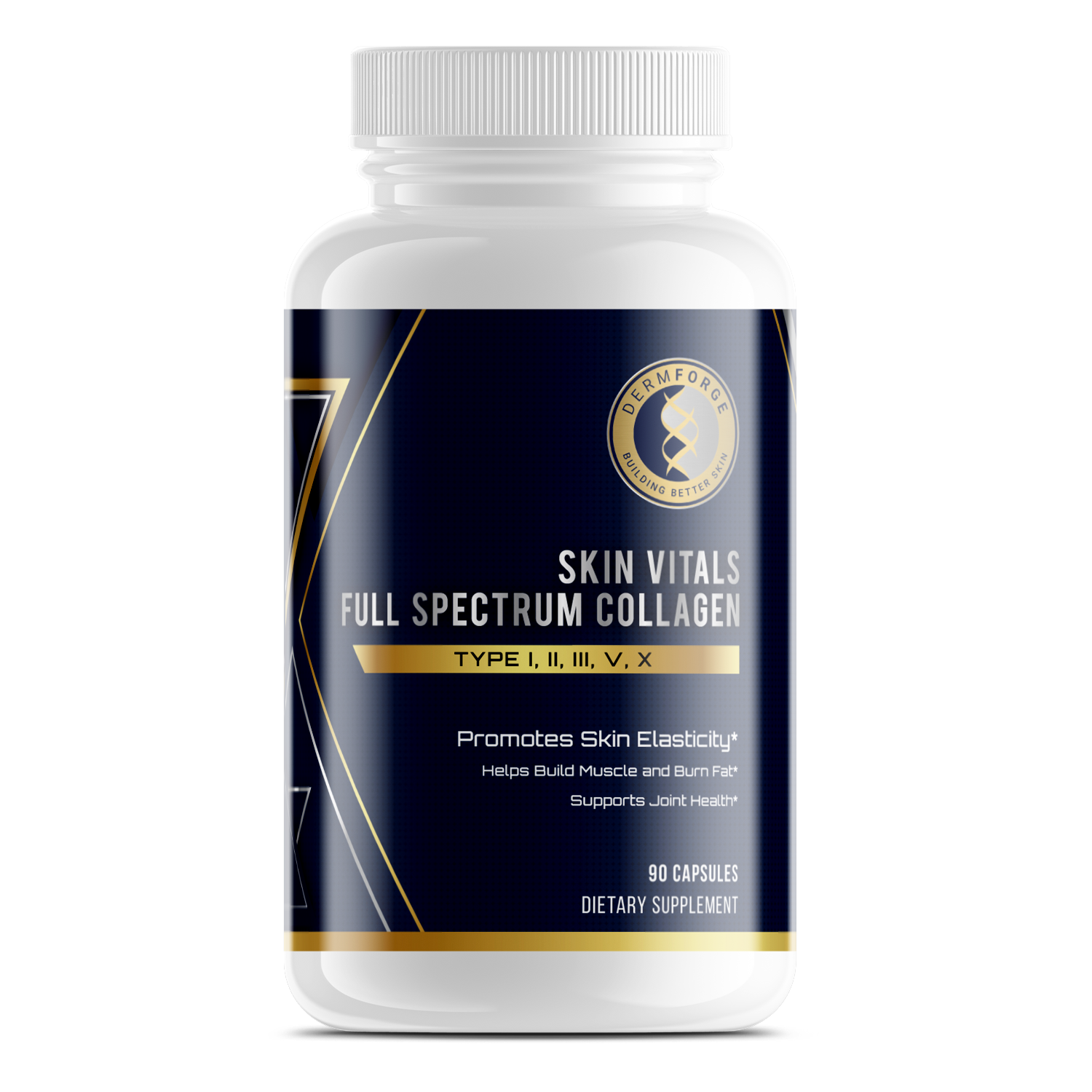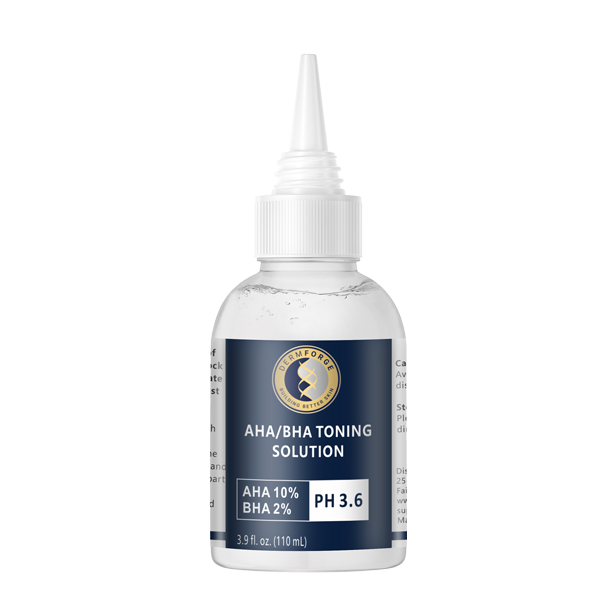Retinol has remained a trusted skincare ingredient for decades due to its wide range of applications and proven results. Retinol Face Cream uses include reducing fine lines, smoothing skin texture, fading discoloration, and supporting collagen production. Therefore, many people turn to it as part of a long-term skincare routine. Additionally, it works well for a variety of skin types when used appropriately.
However, not every product is the same. Some creams offer lower concentrations, which may be better for beginners or sensitive skin. Others include added ingredients that hydrate or brighten the skin. Therefore, selecting the right product depends on your skin’s needs and your level of experience with retinol. Additionally, how and when you apply it can influence your results.
If you’re starting to notice signs of aging or uneven skin tone, retinol can be a helpful addition. However, it’s important to introduce it slowly and monitor your skin’s reaction. Additionally, you’ll want to use sunscreen daily, since retinol can increase sun sensitivity. This small step makes a big difference in protecting your results.
By learning how to use retinol correctly, you can improve your skin’s appearance over time. Therefore, knowing what to expect and how to manage its effects is key. Additionally, choosing a product that fits your routine will help you maintain consistent use. Retinol can be effective when used with patience, care, and the right support products.
A thoughtful approach to retinol face cream can lead to noticeable changes in your skin’s texture, clarity, and tone. When used correctly, it becomes a powerful tool for maintaining healthier-looking skin.
What is Retinol Face Cream and How Does It Work?
Retinol face cream is a popular skincare product designed to address various skin concerns, including signs of aging and uneven texture. Its primary ingredient, retinol, is a derivative of vitamin A known for its effectiveness in promoting skin health.
When applied to your skin, retinol penetrates the outer layer and reaches the dermis. There, it neutralizes free radicals and stimulates collagen production, which can reduce the appearance of fine lines and wrinkles. Additionally, retinol promotes cell turnover, helping to fade dark spots and improve overall skin tone.
Retinol face cream uses include treating acne by preventing clogged pores and reducing inflammation. This leads to fewer breakouts and a clearer complexion. Furthermore, regular application can enhance skin elasticity, resulting in a firmer and more youthful appearance.
However, it's important to introduce retinol gradually into your skincare routine to minimize potential irritation. Start with a lower concentration and apply it a few times a week, increasing frequency as your skin adjusts. Always use sunscreen during the day, as retinol can make your skin more sensitive to sunlight.
By incorporating retinol face cream into your regimen, you can address multiple skin concerns effectively. With consistent use and proper precautions, retinol can be a valuable addition to your skincare routine, promoting healthier and more radiant skin.
Benefits of Using Retinol Face Cream
Retinol face cream offers numerous benefits for your skin, addressing various concerns effectively. One significant advantage is its ability to reduce fine lines and wrinkles. By stimulating collagen production, retinol enhances skin elasticity, leading to a smoother and more youthful appearance.
Additionally, retinol promotes cell turnover, which helps improve skin texture. This process removes dead skin cells, revealing a fresher, more radiant complexion underneath. Regular use can result in softer and more even skin.
Another benefit is retinol's effectiveness in fading dark spots and hyperpigmentation. By accelerating the shedding of pigmented cells, retinol aids in achieving a more uniform skin tone. This leads to a clearer and brighter complexion over time.
Retinol face cream uses also include supporting collagen production, which is essential for maintaining skin firmness. Increased collagen levels help combat sagging, contributing to a more lifted and toned appearance.
Furthermore, retinol can help unclog pores and reduce acne breakouts. By preventing the buildup of dead skin cells and excess oil, retinol promotes clearer skin. This makes it a valuable addition to your skincare routine if you struggle with acne.
Incorporating retinol face cream into your regimen can address multiple skin concerns effectively. With consistent use, you'll likely notice improvements in fine lines, texture, and overall complexion. Always remember to apply sunscreen during the day, as retinol can increase sun sensitivity.
How to Properly Use Retinol Face Cream
Incorporating retinol face cream into your skincare routine can offer numerous benefits, such as reducing fine lines and improving skin texture. However, to achieve optimal results and minimize potential irritation, it's important to use it correctly.
Begin by applying a pea-sized amount to clean, dry skin, avoiding the eye area. Use your fingertips to gently blend the retinol evenly across your face, applying a thin layer. Allow the product to absorb for a few minutes before proceeding to the next step.
To minimize irritation, start by using retinol once a week for one week, twice a week for two weeks, three times for three weeks, then move towards every second night if there are no side effects. This gradual approach allows your skin to build tolerance over time.
When layering products, apply retinol after cleansing and before moisturizing. Using a moisturizer afterward helps maintain skin hydration and can reduce potential dryness associated with retinol use.
Retinol can increase your skin's sensitivity to sunlight. Therefore, apply it at night and use a broad-spectrum sunscreen with at least SPF 30 during the day. This practice helps protect your skin from potential sun damage.
If you experience persistent redness, peeling, or discomfort, reduce the application frequency or consult a dermatologist for personalized advice. By following these guidelines, you can safely enjoy the benefits of retinol face cream and achieve a more youthful, refreshed appearance.
Who Should Use Retinol Face Cream?
Retinol face cream is a versatile addition to many skincare routines, offering benefits for various skin concerns. If you're noticing early signs of aging, such as fine lines or subtle wrinkles, incorporating retinol can help promote smoother, more youthful-looking skin.
Additionally, if you have acne-prone skin, retinol can be beneficial. By unclogging pores and reducing inflammation, it aids in minimizing breakouts and improving overall skin clarity. This makes it a valuable tool for managing persistent acne issues.
For those dealing with uneven skin texture or rough patches, retinol encourages cell turnover. This process reveals fresher, more refined skin beneath, enhancing your complexion's smoothness. Regular use can lead to a noticeable improvement in skin texture.
If hyperpigmentation or dark spots are concerns, retinol can assist in fading these discolorations. By accelerating the shedding of pigmented cells, it promotes a more even skin tone over time. This gradual lightening effect contributes to a brighter complexion.
However, individuals with sensitive skin should approach retinol cautiously. Starting with a lower concentration and gradually increasing usage helps minimize potential irritation. Monitoring your skin's response ensures a comfortable experience.
Retinol face cream uses are diverse, addressing multiple skin concerns effectively. By tailoring its application to your specific needs and skin type, you can achieve optimal results. Consulting with a dermatologist can provide personalized guidance for incorporating retinol into your skincare regimen.
Common Myths and Misconceptions About Retinol Face Cream
Retinol face cream is a popular skincare product, yet several myths surround its use. One common misconception is that retinol thins the skin. In reality, retinol promotes collagen production, leading to thicker, more resilient skin over time. While initial peeling might suggest thinning, it's actually part of the skin's renewal process.
Another widespread belief is that retinol causes excessive dryness. It's true that some users experience dryness when starting retinol. However, this effect often diminishes as your skin adjusts. To mitigate dryness, apply a moisturizer after retinol application to maintain skin hydration.
Many assume retinol is unsuitable for sensitive skin. While retinol can be potent, individuals with sensitive skin can still benefit by introducing it gradually. Start with a lower concentration and apply it sparingly, allowing your skin to build tolerance. Over time, this approach can help you enjoy retinol's advantages without significant irritation.
Some believe retinol should not be applied around the eyes due to the delicate skin in that area. However, applying retinol carefully around the eyes can help reduce fine lines and improve skin texture. Use a minimal amount and monitor your skin's response to avoid irritation.
Concerns about increased sun sensitivity often lead users to avoid daytime retinol application. While retinol can make your skin more sensitive to UV rays, using a broad-spectrum sunscreen during the day effectively addresses this issue. This practice allows you to incorporate retinol into your routine safely.
Retinol face cream uses are diverse, addressing various skin concerns effectively. By understanding and dispelling these myths, you can make informed decisions about incorporating retinol into your skincare regimen. Always listen to your skin and adjust usage as needed to achieve the best results.
How to Choose the Right Retinol Face Cream for Your Skin Type
Selecting the appropriate retinol face cream depends on your skin type, age, and specific skin concerns. Understanding these factors helps you make an informed choice that aligns with your skincare goals.
For sensitive skin, opt for gentle formulations with lower retinol concentrations. Products containing soothing ingredients like hyaluronic acid or niacinamide can enhance tolerance and minimize irritation. Starting with a mild strength allows your skin to adjust gradually.
If you have oily or acne-prone skin, choose lightweight, oil-free retinol products. These formulations help unclog pores and reduce breakouts without adding excess oil. Retinol's ability to promote cell turnover can be particularly beneficial in managing acne.
Individuals with dry skin should look for moisturizing retinol creams. These products often contain hydrating agents that combat dryness and support the skin's barrier function. Applying a moisturizer after retinol can further maintain skin hydration.
Age also plays a role in selecting retinol strength. Beginners or those with sensitive skin may start with lower concentrations (0.01% to 0.03%). As your skin builds tolerance, you can progress to medium-strength retinol (0.04% to 0.1%) for more pronounced effects. Advanced users might consider higher concentrations under professional guidance.
Consider additional ingredients that address your specific concerns. For instance, formulations with antioxidants like vitamin C can brighten skin, while peptides may enhance firmness. Combining retinol with complementary ingredients can amplify benefits and target multiple skin issues.
Retinol face cream uses are diverse, catering to various skin types and concerns. By carefully assessing your skin's needs and starting with an appropriate formulation, you can effectively incorporate retinol into your skincare routine. Consulting with a dermatologist can provide personalized recommendations to achieve optimal results.
Conclusion
Retinol face cream remains one of the most effective skincare products for addressing common concerns like aging, acne, and uneven tone. Therefore, understanding how to use it properly can help you get the most from your routine. Additionally, choosing a product suited to your skin type reduces the risk of irritation and improves long-term results.
If you're dealing with fine lines, dark spots, or rough texture, retinol may help you improve your skin’s appearance. Additionally, retinol face cream uses include supporting collagen production and improving cell turnover, which leads to smoother, firmer skin. Therefore, with consistent use, you may notice steady improvements in tone, texture, and clarity.
However, introducing retinol gradually is important, especially if your skin is sensitive. Apply it at night and follow with a gentle moisturizer to reduce dryness. Additionally, always wear sunscreen during the day to protect your skin from sun sensitivity.
Over time, your skin may build tolerance, allowing you to use retinol more frequently. However, if irritation continues, you should lower the frequency or consult a dermatologist. Therefore, listening to your skin is key to achieving safe, effective results.
By applying the right formulation and following the correct steps, you can benefit from retinol without discomfort. Additionally, paying attention to how your skin responds will guide how often and when to apply it.
Retinol face cream is a useful tool in many skincare routines. With proper use, patience, and care, you can improve your skin’s condition over time and address your concerns with confidence. Regular use, combined with a simple routine, can help you reach your skincare goals effectively.






